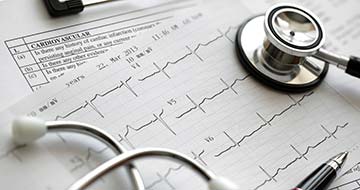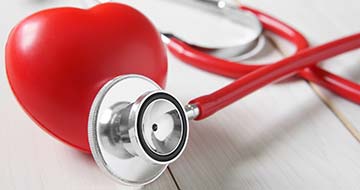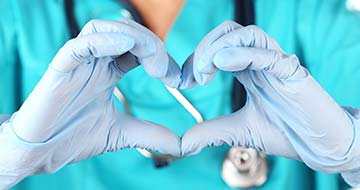Services
The first step in your care process is to understand the nature of your disease so that we can diagnose your condition.
Cardiac Electrophysiology, is the study of the electrical activities of the heart, specifically for the purposes of diag...
When our patients present with problems that may be cardiovascular in nature, we help determine the most likely diagnosi...
We help our patients improve blood flow in their arteries and veins by using very small tubes and specialized tools to d...
When the heart is functioning normally, the arteries are clear and open to allow for easy passage of blood through and o...
The highly trained surgeons and specialists at Biltmore diagnose and treat structural heart disease. We understand the n...
Understanding Electrocardiograms
An electrocardiogram or EKG provides doctors with a simple test that records the electrical activity of the heart. The test may help detect and locate the source of problems within the heart.
Your heart works by contracting certain sections of the heart muscle in a certain order. This contraction forces blood to move within the heart’s chambers. An electrical signal tells the different sections when to contract and when to rest. An EKG detects and records this signal as it travels across the heart.
An EKG may uncover a number of problems with the heart including:
- Heart attack
- Reduced blood flow to the heart muscle
- Irregular heart beats
- Problems with the heart not beating forcefully enough
- Enlargement of the heart
- Congenital heart defects
- Birth defects
- Diseases of the heart’s valves
The EKG recording not only shows what the heart is doing at the time of the test, it also indicates problems in the past such as a previous heart attack. A previous EKG can be used as comparison to help detect problems.
Why do I need an EKG?
An EKG helps evaluate signs and symptoms that indicate heart problems. Patients who are experiencing chest pain, difficulty breathing, extreme fatigue or unusual heart sounds that are found during an exam, may need an EKG. If you report that your heart has been pounding, racing, fluttering or seems to beat unevenly, then your doctor may order an EKG.
Adults may need to have a baseline EKG once they reach their 40s. Anyone with a close family history of heart disease (father, mother or sibling) also may need to have EKGs to help detect heart disease in earlier, more treatable stages. Your doctor may schedule you for an EKG before a surgical procedure.
How is an EKG performed?
An EKG is a simple and painless test. Below are the steps to expect:
- A technician attaches sticky patches to 12 different points on your chest, arms and legs.
- A wire will connect to the patch and will feed information into the EKG machine.
- Once the wires or leads are connected, you’ll be asked to lie quietly on a table while the EKG machine records the electrical activity of your heart.
- The machine will print out a tracing of each lead’s activity on special graph paper.
- A physician will review the printout and interpret the results.
- The entire test takes about 10 minutes.







